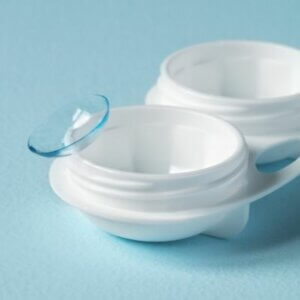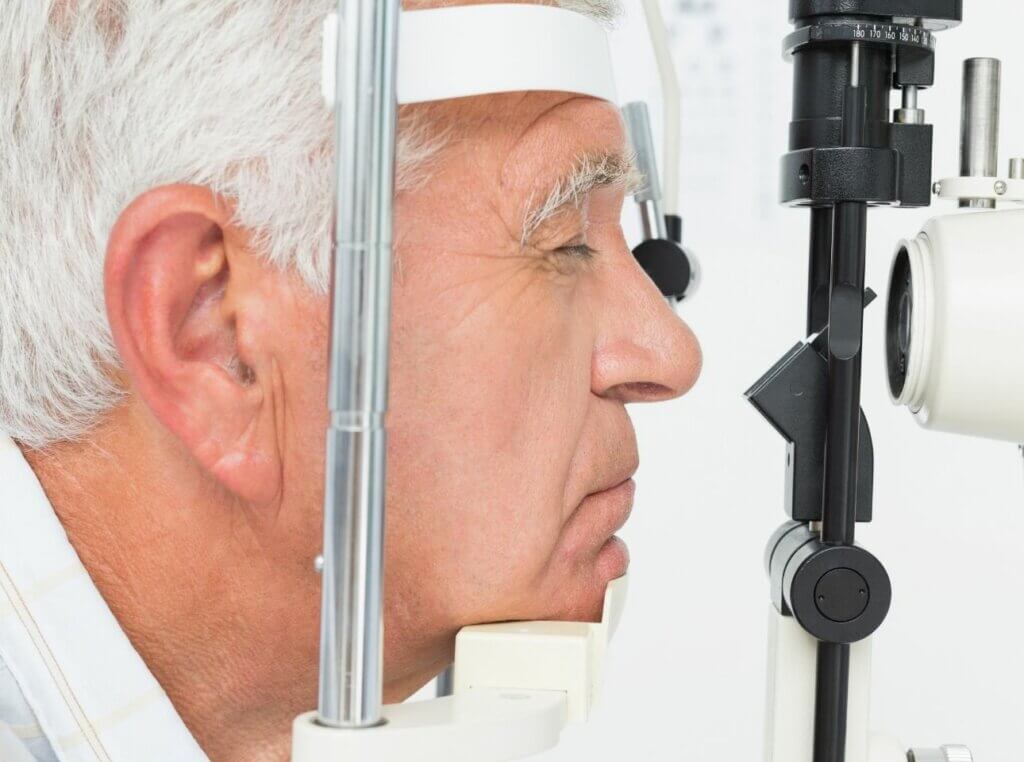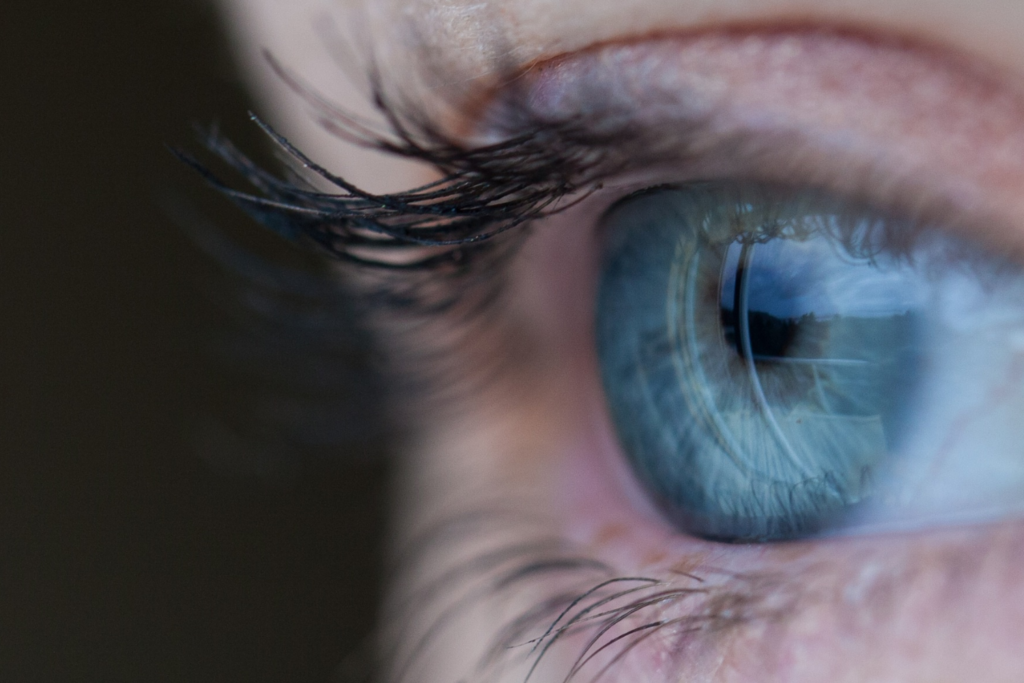Thin corneas can cause poor night vision, increased light sensitivity, and even loss of vision. It can develop for a number of reasons including genetics, inflammation, and age. Talk to our eye surgeons about your thinning cornea to get the treatment you need and protect your vision.
Treatment options for thin corneas include:
- Glasses and contact lenses
- Gas-permeable contact lenses
- Scleral contact lenses
- Hybrid contact lenses
- Intacs
- Collagen crosslinking
- Cornea transplant and penetrating keratoplasty
Treatment Options for Thin Corneas [Keratoconus]
There are a variety of treatments available if you suffer from thin corneas, also known as keratoconus. They can range from corneal transplants for severe cases or special contact lenses for mild-to-moderate cases. Talk with your surgeon at Baptist Eye to learn more about your options and which will work best for you.
1. Glasses and Contact Lenses

Keratoconus can be treated with standard prescription glasses and soft contact lenses during its initial stages. As Dr. Janis Holt explains, “The contacts can become more specialized if the cornea becomes more irregular.” At Baptist Eye Surgeons, our eye Knoxville ophthalmologists will be with you every step of the way to make sure your case is manageable.
Click here to learn more about Dr. Janis Holt!
2. Gas Permeable Contact Lenses
As it progresses, regular prescription eyeglasses and soft contacts don’t usually provide keratoconus sufferers with the same clear vision as specialized contact lenses. That’s why gas-permeable contact lenses are a preferred treatment option. These lenses are designed like a vaulted ceiling to provide a consistent refracting surface so you can see clearly.
It can take multiple visits to fit specialized contact lenses for your keratoconic eyes. This is because the process is complex and requires more time, especially if your case is getting worse over time. Remain patient through the process and work with your ophthalmologist as they fine-tune your new lenses.
To learn about different types of cornea diseases, click here!
3. Scleral Contact Lenses
Scleral and semi-scleral contact lenses have larger diameters than other contacts to cover more of the sclera, or the white part, of your eye. Scleral lenses cover more of your eye while semi-scleral lenses cover a smaller portion.
Like gas-permeable lenses, they are vaulted to help compensate for a misshapen cornea. What sets them apart is covering a wider area of the eye. This makes them more stable than regular gas-permeable contacts so they stay in place better when you blink.
4. Hybrid Contact Lenses
Specifically designed for keratoconic eyes, hybrid contact lenses provide a highly oxygen-permeable center with a soft peripheral “skirt.” Thanks to their gas-permeable center, hybrid lenses provide clear vision for wearers. Combined with soft lenses, they also give you a level of comfort that’s unmatched by some other options. They are available in a wide variety of sizes to fit the shape of your eye.
5. Intacs

Sometimes contacts won’t fit an eye due to irregularly shaped corneas. In this case, a procedure known as Intacs can be performed to improve your vision. During this procedure, a pair of tiny implants are placed into the cornea to help give it a more regular shape. This allows can allow you to continue wearing contact lenses and maintain clear vision.
6. Collagen Crosslinking
If keratoconus continues to progress then your eye doctor may recommend collagen crosslinking. In this procedure, the cornea is made more rigid to prevent further irregularities by applying vitamin riboflavin and UV light. When performed, this procedure causes the collagen fibrils to shorten and thicken, making your cornea stronger than before.
7. Corneal Transplant & Penetrating Keratoplasty
A corneal transplant is ideal if you don’t get positive results from contact lenses or other therapies. In these cases, a transplant is the best option in order to restore your vision. Also known as penetrating keratoplasty (PK or PKP for short), you may still require glasses or contacts to see clearly after your surgery.
Do you need treatment for your thinning cornea? Contact us today to schedule your appointment!
Thinning corneas can lead to serious vision complications and even vision loss. Fortunately, you have plenty of treatments available to preserve your sight. While severe cases may require a corneal transplant, many can be treated with special contact lenses just for keratoconic eyes.
Baptist Eye Surgeons is an ophthalmological practice in Knoxville, TN, and Morristown, TN. Give us a call at 865-579-3920 for more information or to schedule an appointment.






